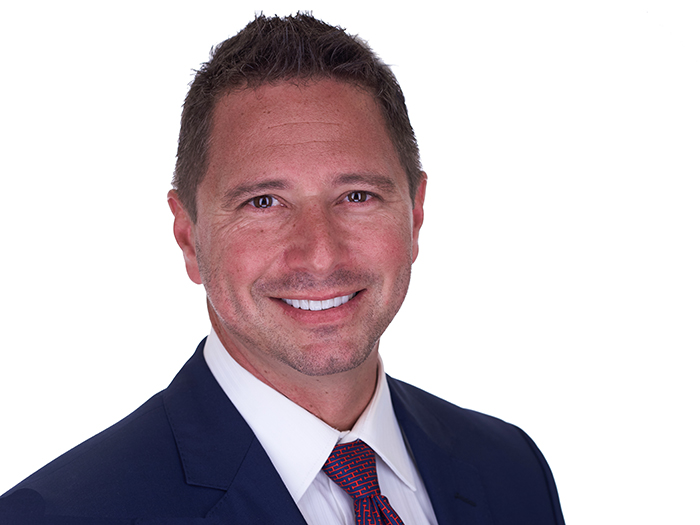Perspective | If You’re Making $35 Million a Year, How Much Do You Actually Care About Social Equity?
Business Roundtable (BR) is “an association of chief executive officers of America’s leading companies working to promote a thriving U.S. economy and expanded opportunity for all Americans through sound public policy.”
Last fall, 181 CEO members of BR redefined the “purpose of a corporation” to “promot(ing) an economy that serves all Americans” by “mov(ing) away from shareholder primacy.”
The CEOs committed their organizations to deliver value to customers, invest in employees, deal ethically with suppliers, support outside communities and generate long-term value for shareholders.
Few companies would argue that such were not already their goals. What BR proposes is to place shareholders’ interests behind all others.
The law has something to say on the subject.
A corporation is owned by its shareholders, who appoint officers and boards to carry out their wishes. You can with legal impunity offer lousy customer service, treat employees with contempt, delay paying suppliers and ignore other communities — we could all probably name a dozen major companies that fit that bill — but there are laws on how companies must treat their shareholders.
Shareholder primacy is what the law demands and that will not change while capitalism remains the driving force behind human interaction.
Arguments against capitalism belong in the classroom or the seminar, not in real life. Were BR members to act as their statement promised, shareholder lawsuits would follow.
Relax: None of it will happen.
The statement was BR PR. What the CEOs were doing was demonstrating their awareness of a growing dissatisfaction about everything largely, loudly and repeatedly expressed on social media.
At about the time BR was making its unlikely claims, the Financial Times declared, “Capitalism: time for a reset.”
A columnist called what we have now “rigged capitalism.” Others have referred to the arrival of “Capitalism 3.0” and “woke capitalism.”
Hedge fund billionaire Ray Dalio termed social inequality an “existential threat.” His 2018 earnings were around $2 billion. Jamie Dimon of JPMorgan, a BR signatory, stated, “It’s absolutely obvious that a big chunk [of Americans] have been left behind.” His 2018 pay: $31 million. Blackstone Group chairman Stephen Schwarzman (2018 pay: $568 million) echoed Dimon’s comments.
Although the 2019 figures are not yet in, it’s unlikely any of these leaders will have taken a substantial pay cut in order to reduce the inequality against which they rail.
Business leaders are not alone in wanting to head off the criticism of those who contribute to the bottom half of the internet.
Extinction Rebellion (ER) is a global environment movement.
Actress Emma Thompson flew from L.A. to London last year on behalf of ER to urge a reduction in our carbon footprint. In response to criticism, an A-list of ER celebrities admitted hypocrisy. We are aware of the problem, the celebs said, and that’s enough.
Making noble statements and doing nothing about them is justice signalling.
Words speak louder than action. As Groucho Marx put it: The secret of life is honesty and fair dealing. If you can fake that, you’ve got it made. &










